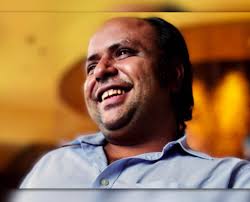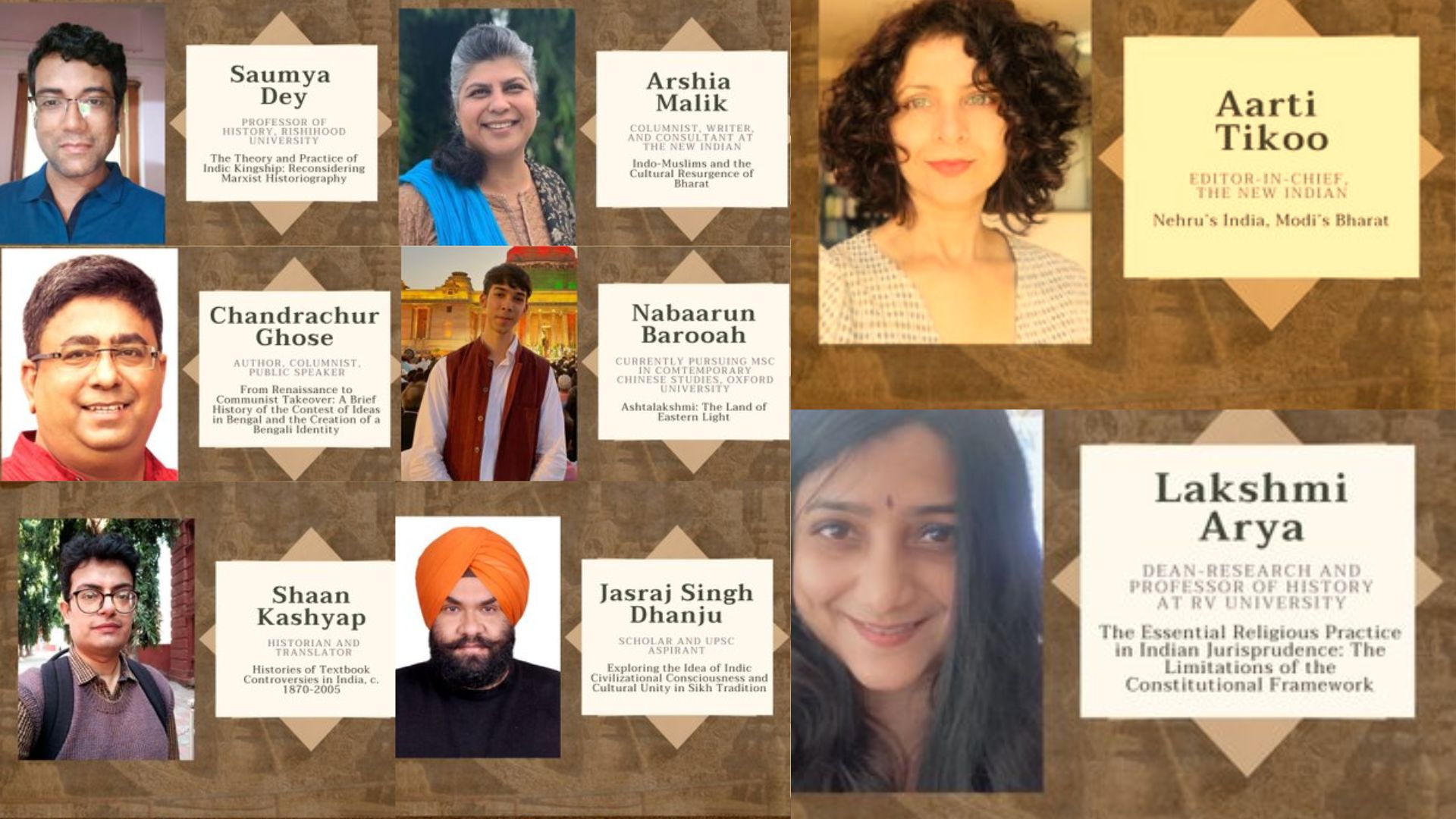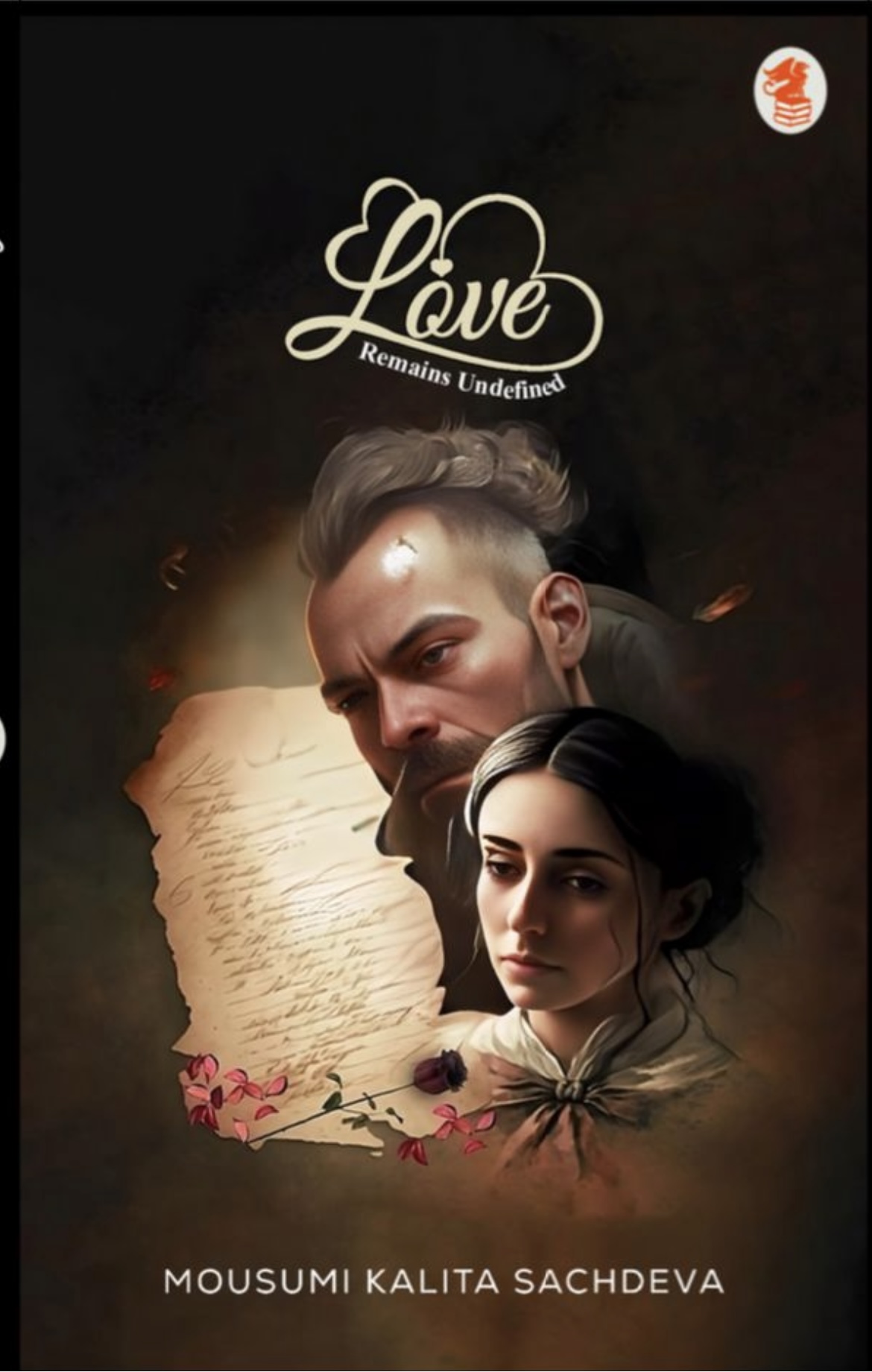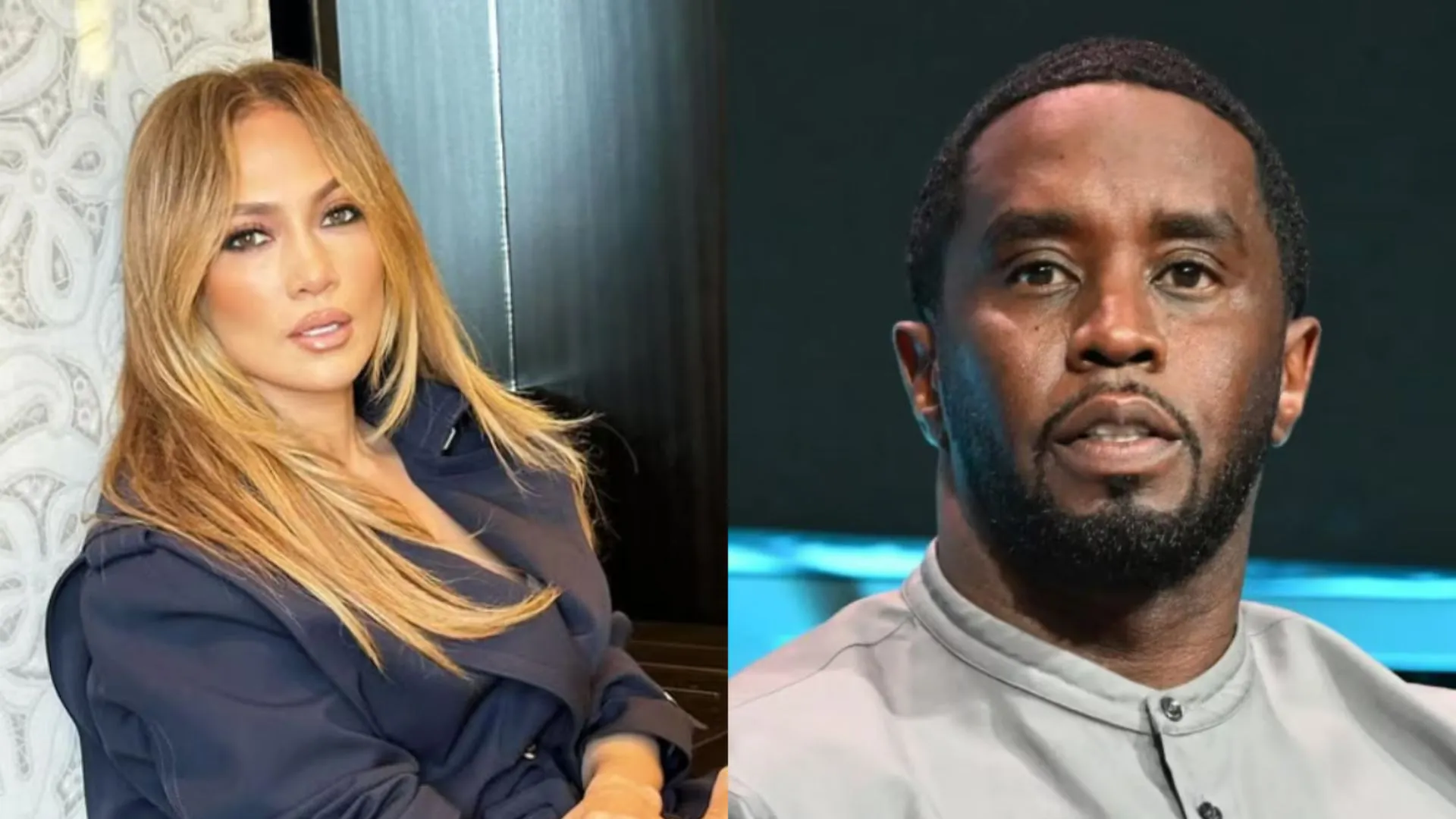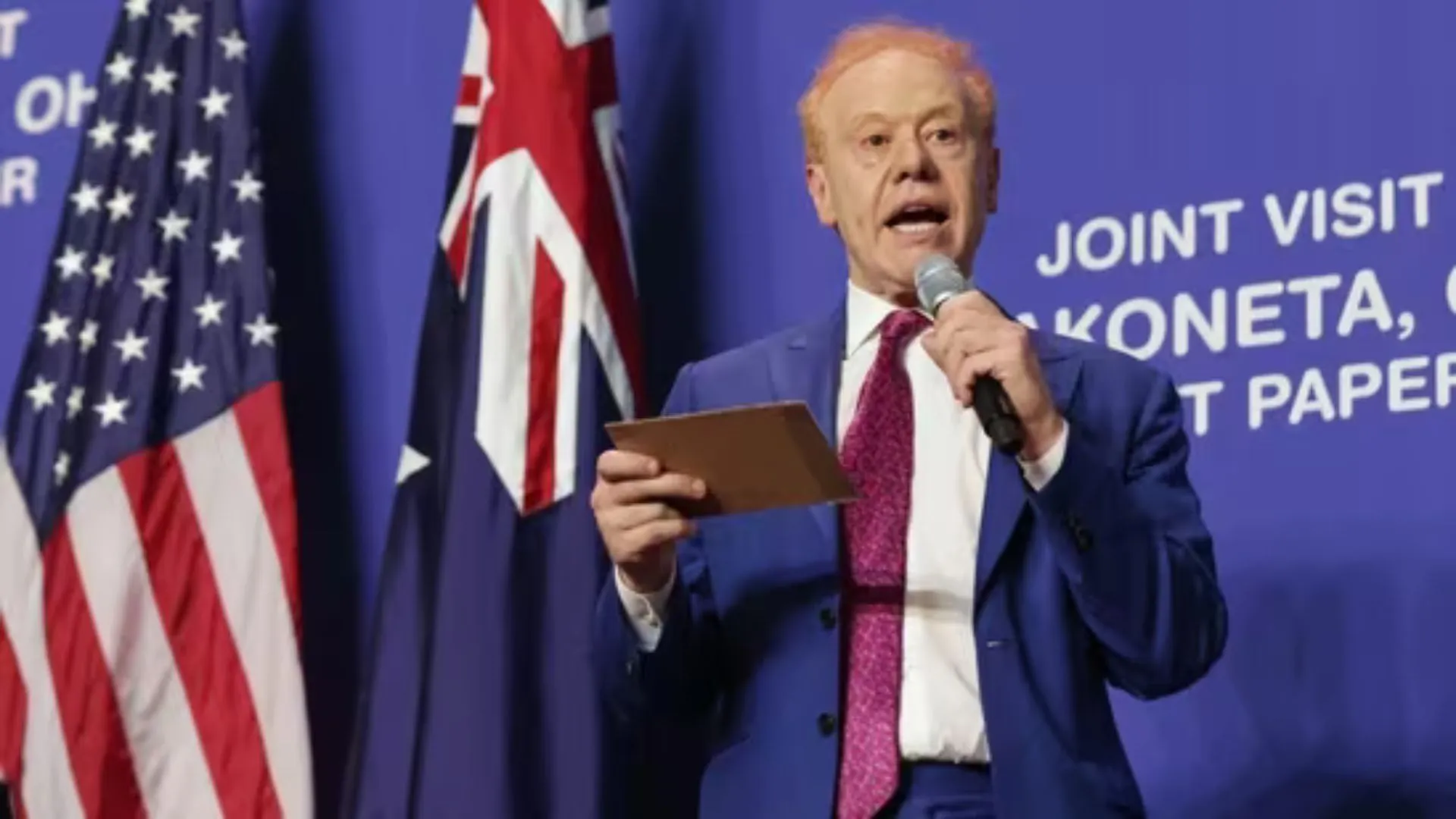There was a time when Arun Shourie would write and invariably an avalanche-like situation would erupt in the country’s establishment, both political as well as academic. In his typical fact-based analysis, with a tinge of humour and sarcasm, and often Urdu and Hindi couplets, he would be a single-man army taking on a cabal of all sorts, often exposing them mercilessly. But that was a while ago.
He is old now. Seventy-eight years, as he often reminds during the conversation. And he now writes on death. Yes, the title of his latest book is Preparing for Death. His last few books include Two Saints and Does He know a Mother’s Heart?
Is there a pattern? Is he himself preparing for a death, as he advocates his readers to not treat it as a taboo subject and instead take clues from the lives of great men like Gautam Buddha, Ramakrishna Paramhamsa, Ramana Maharshi and Mahatma Gandhi to ensure that we face our ends with equanimity? Or am I reading too much into it?
“I don’t think that’s the case,” Shourie says matter-of-factly as he adds that his last book was on my wife’s “bizarre” court case, Anita Gets Bail. He then reminds how his very first book, Hinduism: Essence & Consequences (1982), was religious in nature. Shourie, however, concedes, “But, yes, there’s no denying that I am getting old. I am 78 now and in a very crowded departure lounge that is fast getting depleted, with my friends and relatives leaving this world, one after another.”
Shourie then tells about his meditative life: “I do meditation for 45 minutes. I do pranayam for 20 minutes. I do asanas for another 45 minutes. In meditation, I focus on the sound of silence with a blank mind.” He adds, “I hope this training will help me in the last moment – when I am wrecked by pain, I can take my attention away from that and focus on the sound of silence in the blank mind.”
The following is an edited excerpt of a freewheeling interview with Arun Shourie on his new book, his life in Pune, and, of course, his meeting with Prime Minister Narendra Modi when the author was admitted in a hospital recently.
Q. Your book once again vindicates that death is a great leveller.
A. Yes, it is. Everyone dies, big or small. Even a pure personality like Buddha found himself suffering because of age-related physical constraints. Like every 80-year-old person, he found difficulties in doing as basic a thing as walking. Even in his own life, he faced several hardships, such as calumny, conspiracies by close associates, with one woman even falsely claiming to be impregnated by him. In Mahatma Gandhi’s case, he was assassinated. All these difficulties can be turned into teachers for our lives and help improve our concept of the self.
Q. You talk in detail about Buddha’s life and struggles. What explains your fascination for him?
A. He was one of the greatest teachers of mankind. All Indic traditions have focused on inner directed search. Buddha and his followers have gone deeper into analysing the mind. In that sense, it’s a great heritage. Other traditions became outward-oriented, with an excessive focus on rituals. Even in Buddhism, Mahayana Buddhism became obsessed with rituals. Rituals were originally made for helping our mind focus on the ultimate reality through idols and mantras. But over time, rituals became all in all. So, all reformers in our traditions have repeatedly reminded us not to waste our time on external rituals and instead go inward. Buddha’s life is a constant reminder of that.
Q. Ramakrishna too is analysed deeply, here and in one of the previous books, Two Saints. Tell us about the relevance of Ramakrishna.
A. Ramakrishna had a great gift of conveying the most esoteric things with small parables. His humility and detachment were remarkable. Even when he was just a small priest in a temple, his fame reached far beyond Calcutta and, in fact, he could reverse the trend of conversion in Bengal at that time. At that time, Christianity was associated with a dominant power, many people were getting attracted towards it. If you read Max Mueller’s letters to his wife, they seem to suggest that they had found a key in the form of Keshav Chandra Sen, leader of the Brahmo Samaj, in converting India. But Keshav himself fell under the spell of Ramakrishna. Similarly, our own practices like idol worship were looked down upon at that time, but this simple man’s devotion to the image of Mother Kali reversed that phenomenon. Similarly, in the case of sannyasins, they were all factionalised and had turned into warring camps. It was Ramakrishna who brought about reconciliation among them by telling them to rise above their little tribalism.
Q. Ramakrishna refused to ask Mother Kali to cure him of his cancer and yet he was often found requesting doctors to do so. Why?
A. In his mind, it wasn’t a dichotomy. And his mood—like the mood of most Bengalis (laughs)—would often swing. But as far as asking Mother to cure him of his illness, he said he couldn’t do that. He said he had already received a great gift from her, that was, his spiritual insight. So, he couldn’t ask for a profane thing like looking after his body. But with physicians, he had no such constraints. He would sometimes scold them; he would call one Dr Sarkar a “villain”, at other times, he would urge them to cure the pain in his throat. He would do all this with his child-like innocence.
Q. You mention in the book Gandhi and his premonitions regarding death. And yet, he was also seen making future plans, such as a visit to Pakistan or Wardha. How do you explain this?
A. That’s why I would not read too much into his premonitions regarding death, but the devotees of Gandhi would say he had a premonition. I had met a remarkable person called Manibhai Desai who was doing constructive work in a village near Pune. He told me how he went to surrender to Gandhi after being involved in violent activities in 1942. He wanted to become Gandhi’s follower. The Mahatma told him not to rush. Instead, he gave him four vows and told him to think about it for a year. “If you are prepared to follow these four vows even after a year, then come back,” Gandhi said. While they were talking, Gandhi realised that he had to go to a meeting 15 minutes later and wanted to sleep before that. Exactly 15 minutes later, Gandhi woke up and resumed the conversation before going for the meeting. The young Desai asked Gandhi how he could get up in 15 minutes. To this, Gandhi said that it was a very important indication: “When I start losing control over my sleep, then I would know that I am close to my death.” And towards the end of his life, Gandhi started saying that he was getting irritable, losing control over sleep, etc. Yet, these could also be due to the situation he was in. After all, he was torn by India’s catastrophic Partition, Hindu-Muslim violence, et al. He felt that his entire experiment had failed.
Q. You also mention that Gandhi believed in the idea of honourable death. In 1944, he asked his followers not to medically treat Kasturba.
A. Gandhi always had immense faith in “Ram naam”. For any disease he would tell people to recite “Ram naam”. This was to the extent that one of his children was near death and he refused to give him medicine and instead wanted everyone to recite “Ram naam”. But in the case of Kasturba, one of the reasons why I mentioned the penicillin injection issue is because it’s a preview of how death has been so medicalised these days. I saw a survey that said that in the US and Europe, one third of medical expenditure during a lifetime is actually spent in the last three months of a person’s life.
I remember when my mother had a brain haemorrhage and the doctor told me on the fifth day in the ICU that her condition won’t improve. He asked me to decide if we should terminate the medicine, after which she would die in 2-3 hours. I immediately told the doctor to go ahead and, only after giving my consent, I rang up my brother and sister to come to the hospital.
Q. Vinoba Bhave called Gandhi’s death “a perfect end”. Why?
A. He believed that you should be engaged in doing work till death knocks at your door. And that’s how Gandhi died. Just before going for the prayer meeting, he had a meeting with Sardar Patel discussing his differences with Nehru and trying to find a way out. Ironically, however, Vinoba himself withdrew from public work systematically over many years. And then he died. But he died voluntarily. He died the Santhara death.
Q. You have always admired Gandhi despite knowing his weaknesses, especially dealing with Muslim leaders during the Khilafat movement and after. Why?
A. As far as Gandhi being used by the Mohammed brothers during the Khilafat movement is concerned, one needs to look at the explanation of Ramchandra Gandhi, his grandson. Ramchandra Gandhi said that, just after the Mahatma came back from South Africa, he realised that the British would try to divide the national movement along three fault lines: Harijans and caste Hindus, Hindus and Muslims, and state princes and the rest of India. His endeavours through his life have been to not let the British exploit these fault lines. So, I don’t think one can fault him there.
I, as a very small person, however, find his explanations to be constrained by his fundamental belief in God—for instance, with regard to human suffering. If everything happens with God’s will, then why did He give Hitler free will to kill 6 million Jews? Even Jews would ask questions and Gandhi’s answers to them were very inadequate. For me, either God doesn’t know what is happening here, or he is unable to alter it, or is not suffused with compassion.
Q. Also, we often make the mistake of judging a person from contemporary parameters…
A. Absolutely. For instance, if Gandhi used the word “Negro”, he is called racist today. But the fact is that was the conventional word even in the 1960s. Even when I went to the US to study, that’s how the blacks were called then. Arundhati (Roy) and others will see that as racism.
Q. You have a huge admiration for Vinoba, but his ideas often sounded too simplistic…
A. See, Vinoba and Gandhi’s ideas may seem very different from today’s worldview but it would be difficult to sit in judgement on them and we should see what we can learn from them. For instance, this consumerist, fossil fuel-dependent, energy-intensive society will lead to climate disasters. And this was something Gandhi was saying almost a century ago but, at that time, the idea seemed very primitive. Today, they seem so modern. Look at how khadi has now become a cool fabric. Also, the idea of localised production and consumption so that we spend less on transportation, fuel. Khadi, for Gandhi, was also a particular way of thinking about life and economy.
Q. PM Modi visited you when you were hospitalised in a Pune hospital. How was the meeting?
A. It was very nice of him to take the trouble to come but I didn’t read anything more into that. We had good moments and we tried to make each other laugh. In the end, I told him that by coming he had upped my market cap. To this, the PM laughed and said, “Bhaiyya, tumhara market cap to ucha hi hai!”


